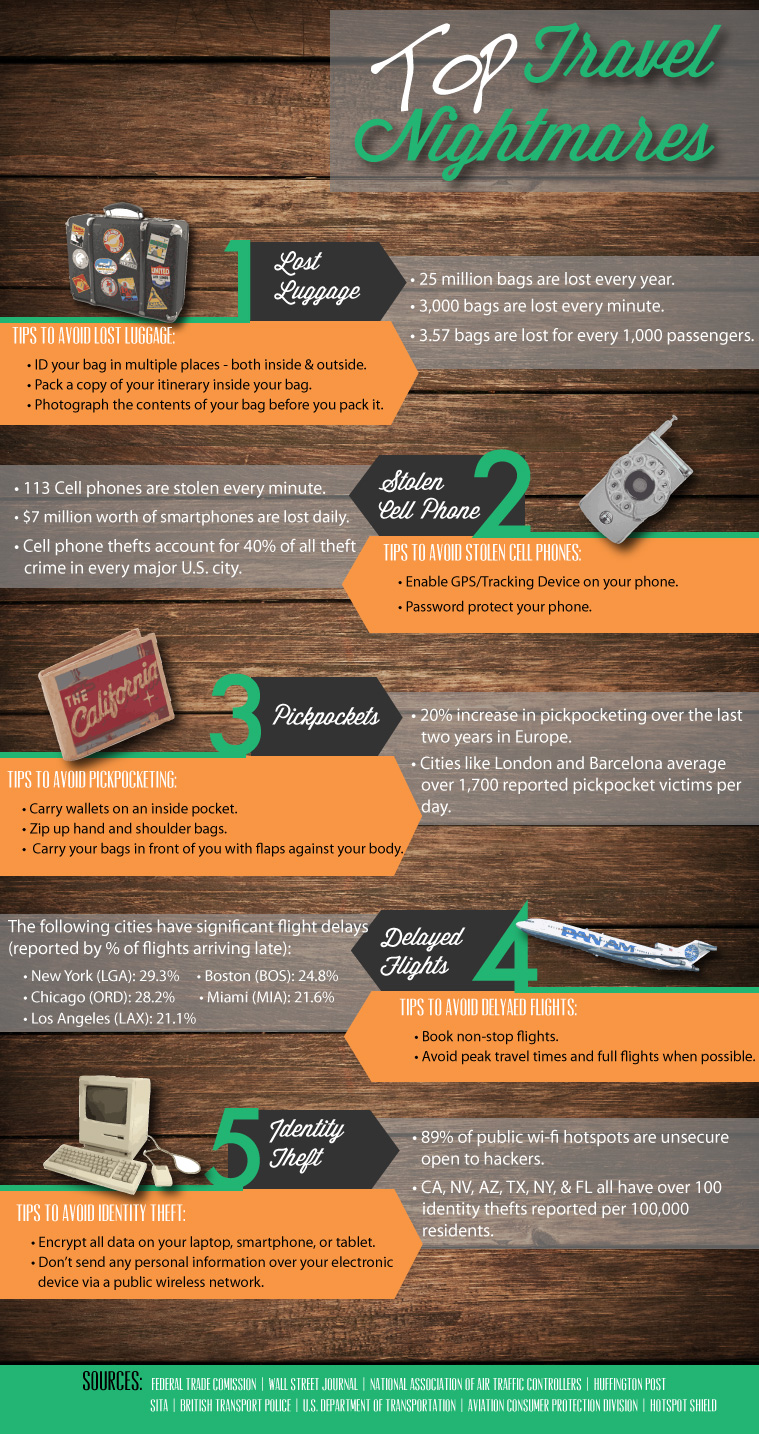1. Your Coverage And Deductibles
Car insurance providers allow you to choose your deductible and decide whether to add additional coverage that isn’t necessarily required by the laws in your state. The specifics of your coverage and deductibles play a major role in your monthly payment.
Additional coverage gives you added financial protection, depending on the claim, but will also add to your monthly costs. Remember that while adjusting your deductible will affect your premiums, the differences in premiums are usually very small.
2. What You Drive
Some insurers increase premiums for cars more susceptible to damage, occupant injury, or theft, and lower rates for those that fare better than the norm.
Some SUVs, for example, rate highly in terms of driver protection and passenger protection, which means discounts on insurance. While some small cars will cost more because of their lower-than-average safety ratings and desirability to car thieves make them more expensive to insure.
3. How Often, And How Far, You Drive
People who use their car for business and long-distance commuting normally pay more than those who drive less. The more miles you drive in a year, the higher the chances of an accident – regardless of how safe a driver you are. If you reduce your total annual driving mileage enough, you may lower your premiums.
4. Where You Live
Generally, due to higher rates of vandalism, theft, and accidents, urban drivers pay more for car insurance than do those in small towns or rural areas.
5. Your Driving Record
Drivers who cause accidents generally must pay more than those who are accident-free for several years.
And even though you can’t rewrite your driving history, having an accident on your record can be an important reminder always to drive with caution and care. As time goes on, the effect of past accidents on your premiums will decrease.
6. Your Credit History
It has been shown certain credit information helps predict future insurance claims. Where applicable, many insurance companies use credit history to help determine the cost of car insurance. Maintaining good credit can have a positive impact on the cost of your car insurance.
7. Your Age, Sex, And Marital Status
Accident rates are higher for all drivers under age 25, especially young males and single males. Insurance prices in most states reflect these differences.
If you’re a student, you might also be in line for a discount. Most car insurers provide discounts to student-drivers who maintain good grades. In some states, younger drivers are also able to take driver safety courses that will lower premiums.

